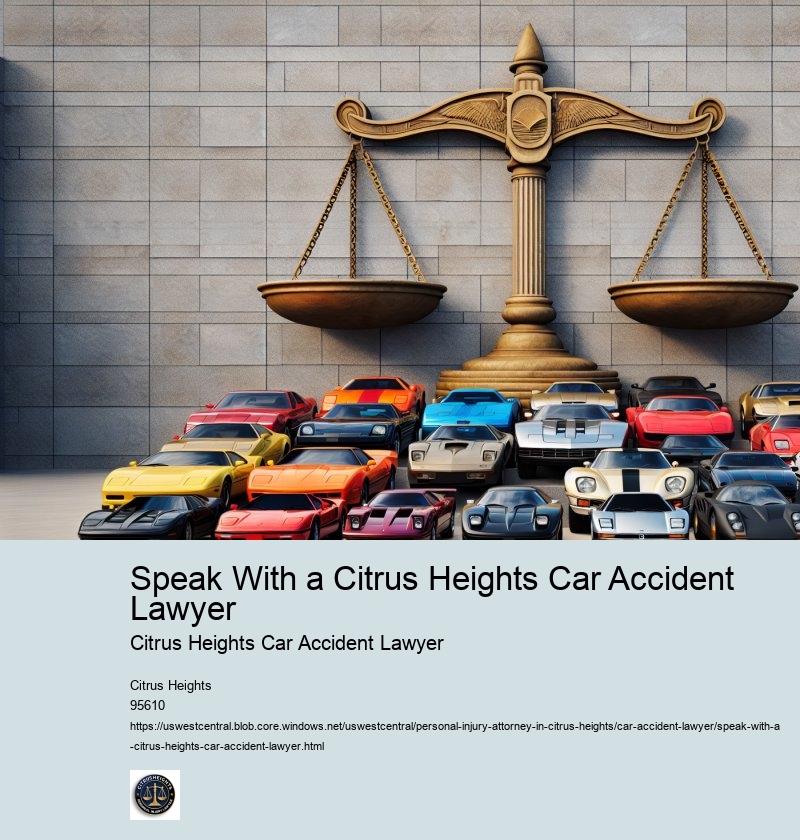Speak With a Citrus Heights Car Accident Lawyer
personal injury

A Citrus Heights rear-end collision lawyer can assist in accidents where your vehicle was hit from behind-often leading to neck, shoulder, or back injuries. Legal Options for Rear-End Accidents on the Highway . If you’ve been hurt in a car accident, speaking with a personal injury attorney in Citrus Heights can help you understand your legal options and pursue fair compensation.. If the accident involved someone on foot, car vs. pedestrian accident representation ensures proper handling of crosswalk laws, visibility issues, and driver negligence. To help answer common concerns, we've compiled a Citrus Heights car accident FAQ. These crashes can result in head, spine, and internal injuries. That's why starting with a Free Case Review for Car Accidents can help clarify your legal position and give you access to support with no cost or pressure to move forward.
Speak With a Citrus Heights Car Accident Lawyer - percent
- vehicle
- transparency
- Law of California
- statute
We make it easy to find the right legal help through our network. The timeline of a personal injury case varies depending on medical recovery, evidence collection, and negotiations. Stanislaus County Once you share the details of your accident, we review the information and connect you with a vetted personal injury law firm in the Citrus Heights area. After a car accident, getting help from a Citrus Heights car accident lawyer can make a real difference in how your case is handled and how much compensation you're able to recover. personal injury
A Citrus Heights rear-end collision lawyer handles common crash types involving stopped or slowing vehicles.
Speak With a Citrus Heights Car Accident Lawyer - customer
- road
- percent
- customer
- Stanislaus County
- customer satisfaction
- California County Routes in zone E
Here's how our lawyer matching service works: You provide us with your accident details-what happened, where, and who was involved-and we connect you with a Citrus Heights car accident lawyer who handles cases like yours. With a free case review, 24/7 availability, and no out-of-pocket cost unless you win, the service is designed to make legal support as accessible as possible. Our network covers a wide range of case types. percent These cases can involve road conditions, tire failures, or excessive speed.
Speak With a Citrus Heights Car Accident Lawyer - road
- injury
- Plumas County
- Amador County
- advocacy
- Sacramento
- evidence
- drunk driver
- product liability
- testimonial